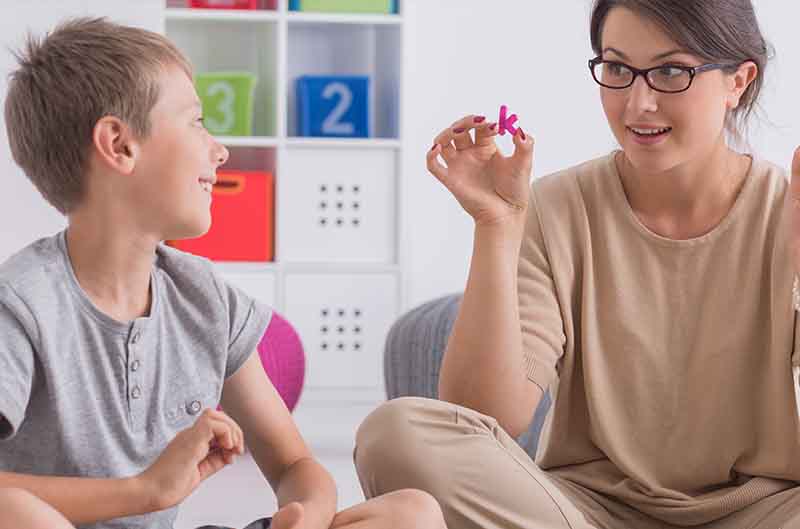
ADHD and Play: Strategies for Engagement
Author: Austin Stanfel
ADHD (Attention Deficit Hyperactivity Disorder) is a mental disorder that often occurs in childhood. Children that suffer from ADHD exhibit an inability to pay attention and are more hyperactive and impulsive than other children their age. While scientists are still trying to determine what causes ADHD, it is known that children with ADHD have brains that are a bit smaller, especially in the frontal cortex. That part of the brain is known to control executive functions such as impulse control as well as movement coordination. Scientists have also found that children with ADHD have smaller cerebellums, which is the part of the brain that controls attention, timing, and motor functions. Even though scientists are aware of these and other differences in the anatomy of the brain, they disagree about whether it is a pathological or just a natural difference.
Kids with ADHD often have a hard time in school since they have difficulty paying attention to assignments or sitting still – which often leads to the violation of academic protocols. This can also make it harder for them to make friends since their peers might find their misbehavior unappealing. This is made worse by their inability to read and respond to social cues. They can end up being socially awkward and are sometimes rejected by their peers. Unfortunately, this can have long-term effects as children with ADHD grown into adults. Often, they continue to have trouble as adults, leading to involvement with drugs or crime, as well as mental issues such as anxiety and depression. Some doctors and parents have tried to help these kids by giving them medicines. The use of psychostimulants such as methylphenidate is often thought to help with symptoms, but they have many possible side effects, and it is unknown what the long-term effects might be.
Happily, research has suggested that play may be an alternative to medicinal therapies. There is evidence that play creates changes in the brain areas in which ADHD children are deficient. This can lead to an improvement in social skills, attention, and impulse control. Play, especially good old-fashioned free play involving physical activities like running, jumping, and horsing around, is known to be an essential part of children’s development. When we are born, we are pre-equipped with an advanced brain that is all set to grow and learn by taking in all of the information that our bodies see, hear, feel, smell and taste. We are a blank slate – we are not born full of knowledge. However, we do have some tools for living that are deep-rooted, just like other animals. We have systems in place that aid us in foreseeing and responding to stimuli and circumstances that can help us survive or adapt to situations that threaten our survival. Like other mammals, we naturally want to explore, we steer clear of dangerous situations, and we take care of our babies. It is these ingrained tendencies that also drive us to play. Researchers have found evidence of this, which in turn has led them to suggest that we must need to play in order to develop our brains properly. Research conducted by scientists has found out that animals such as rats need play to develop self-control and social skills.
These findings have led to recommendations that children with ADHD (as well as all children) should be provided plenty of time to play in order to reduce related symptoms, and especially to help with social skills. It seems likely that providing children with lots of roughhousing type of play in their first few years of life, before and even after ADHD diagnosis would occur, could help all children in terms of hyperactivity, attention, and impulse control. Perhaps this could lead to fewer diagnoses of ADHD in the future.

